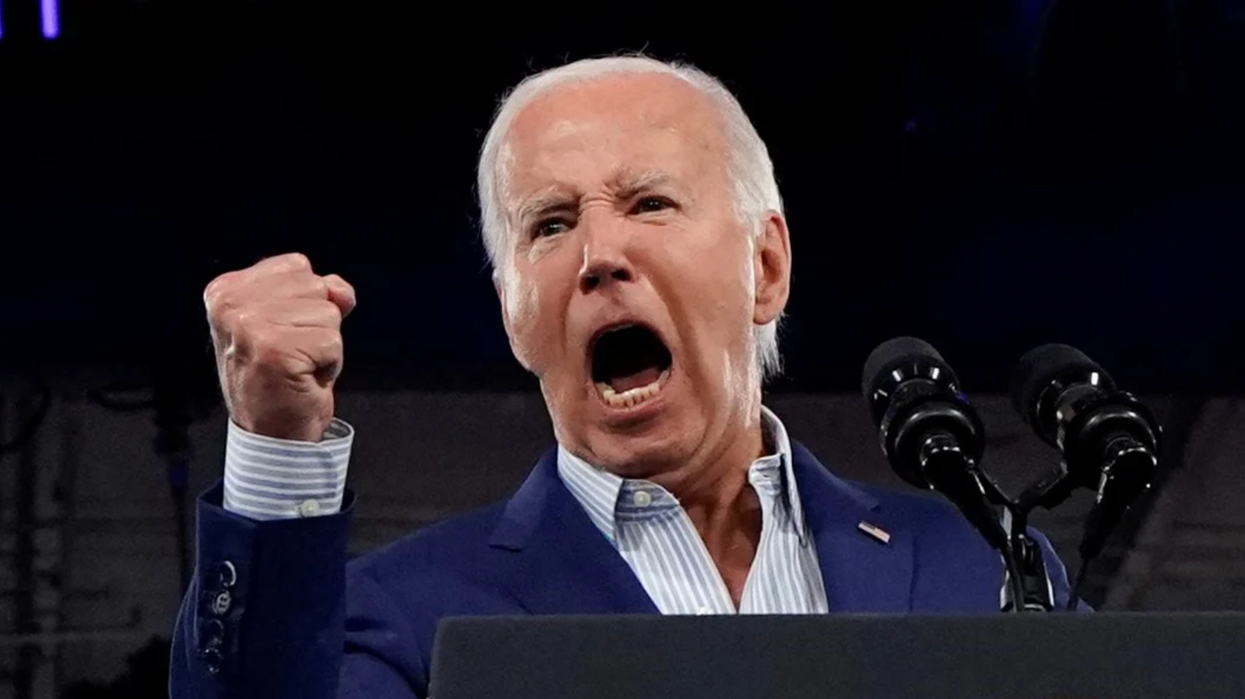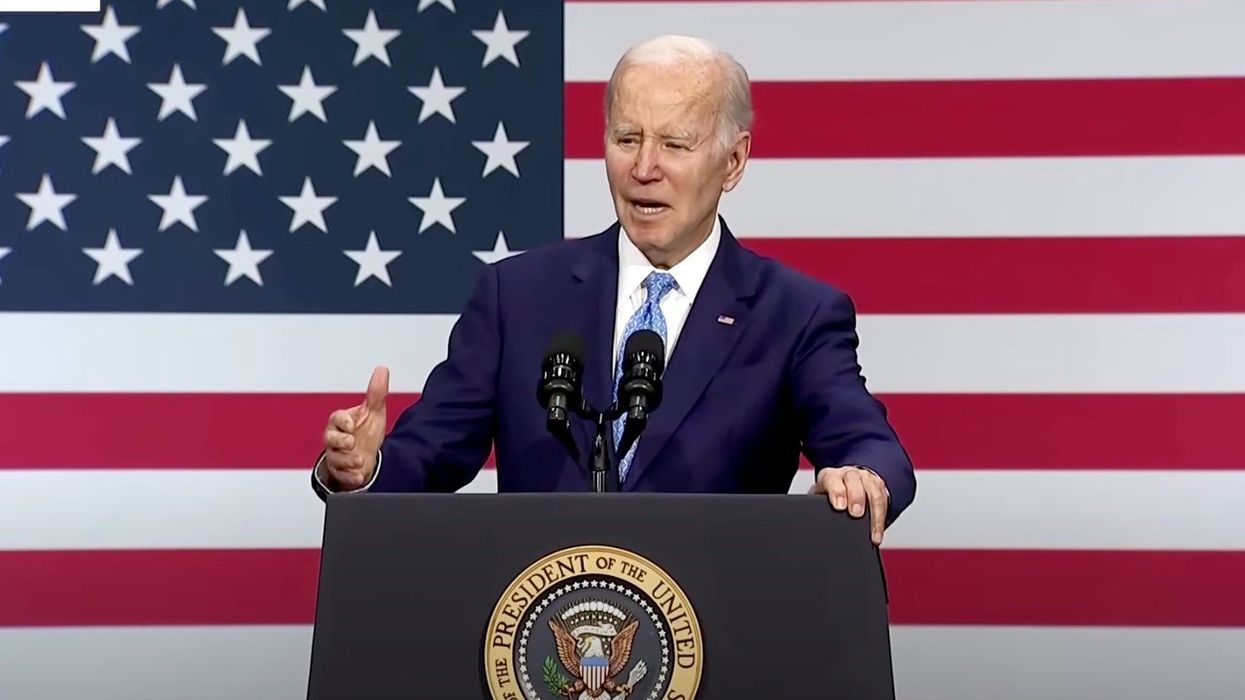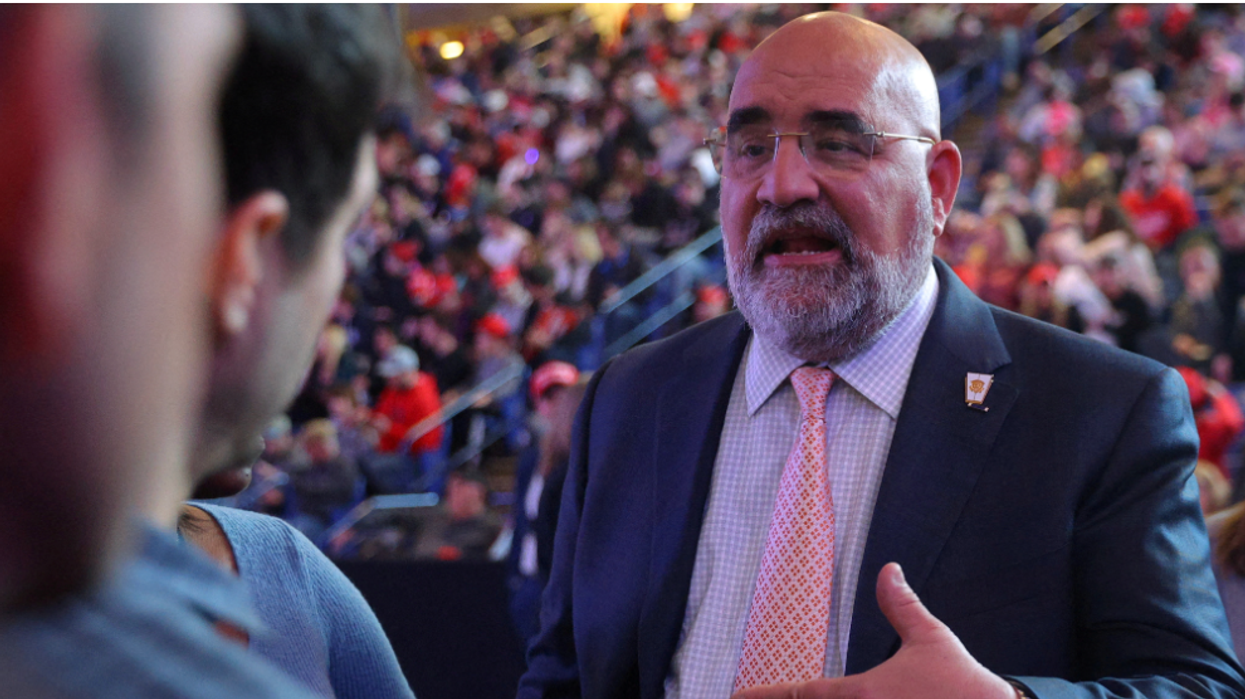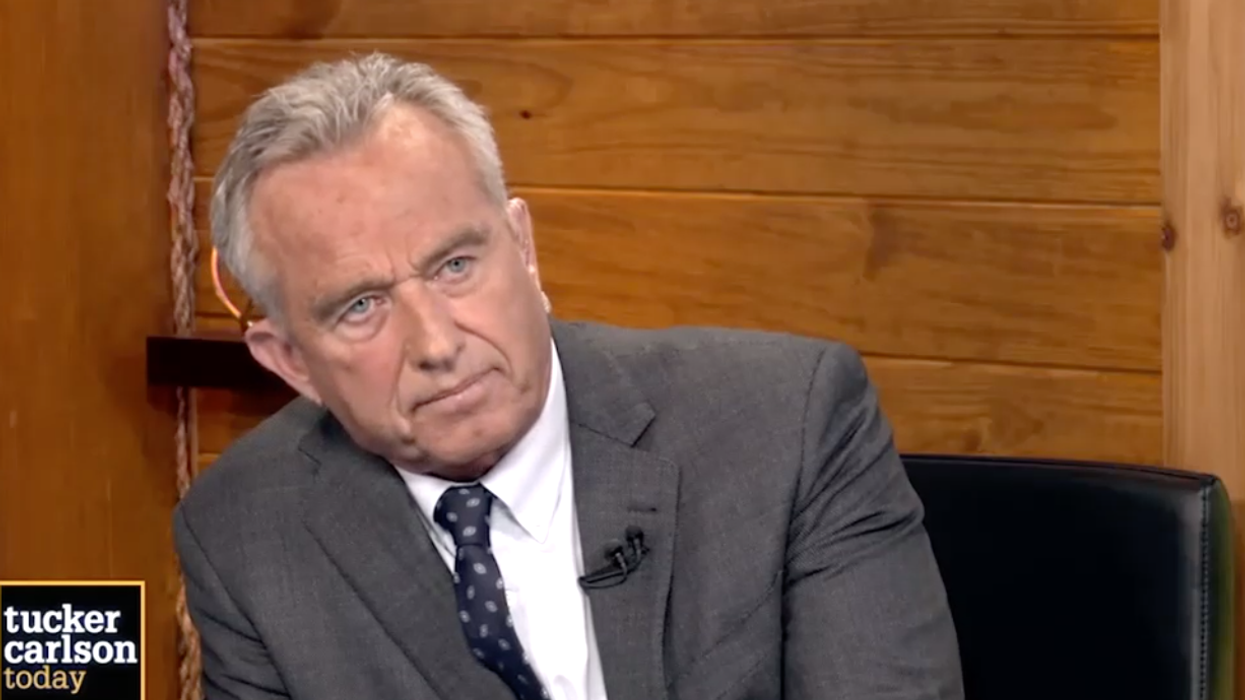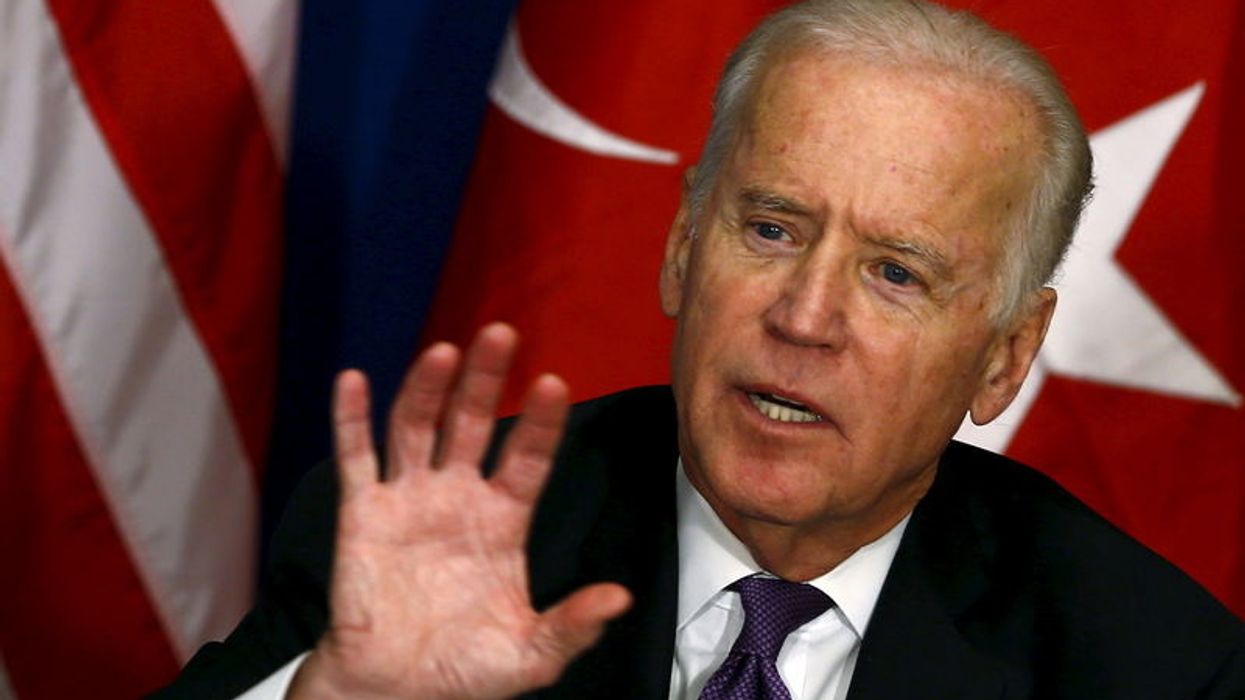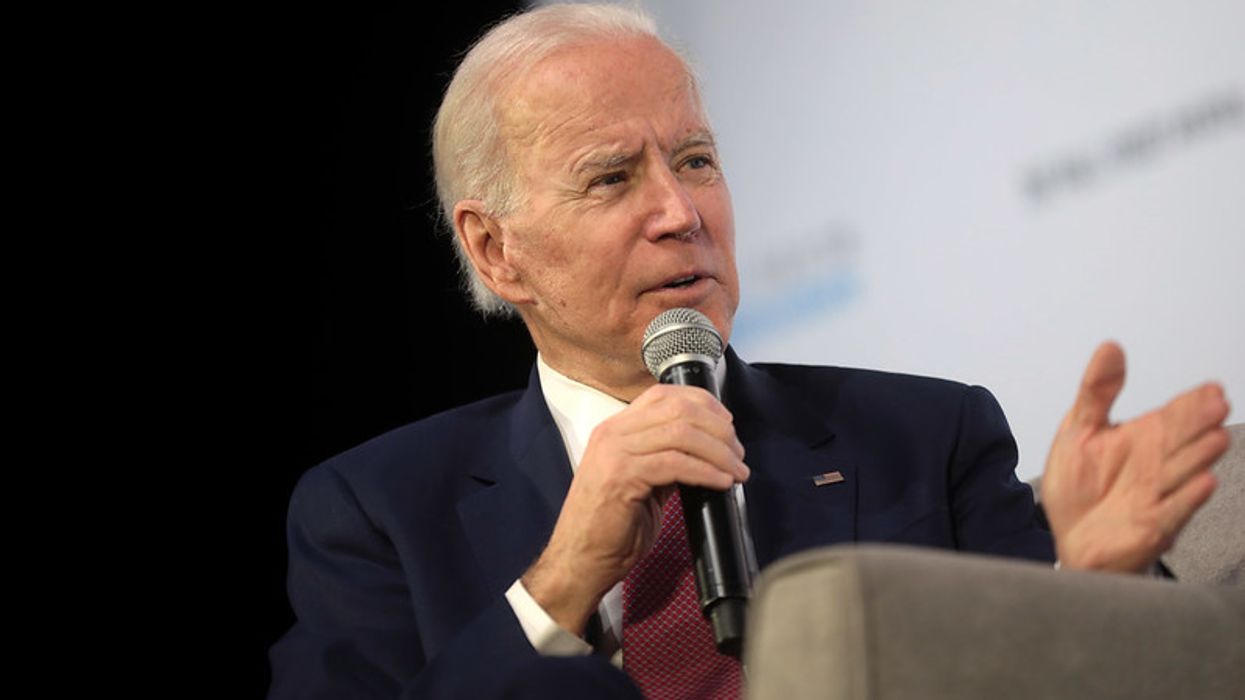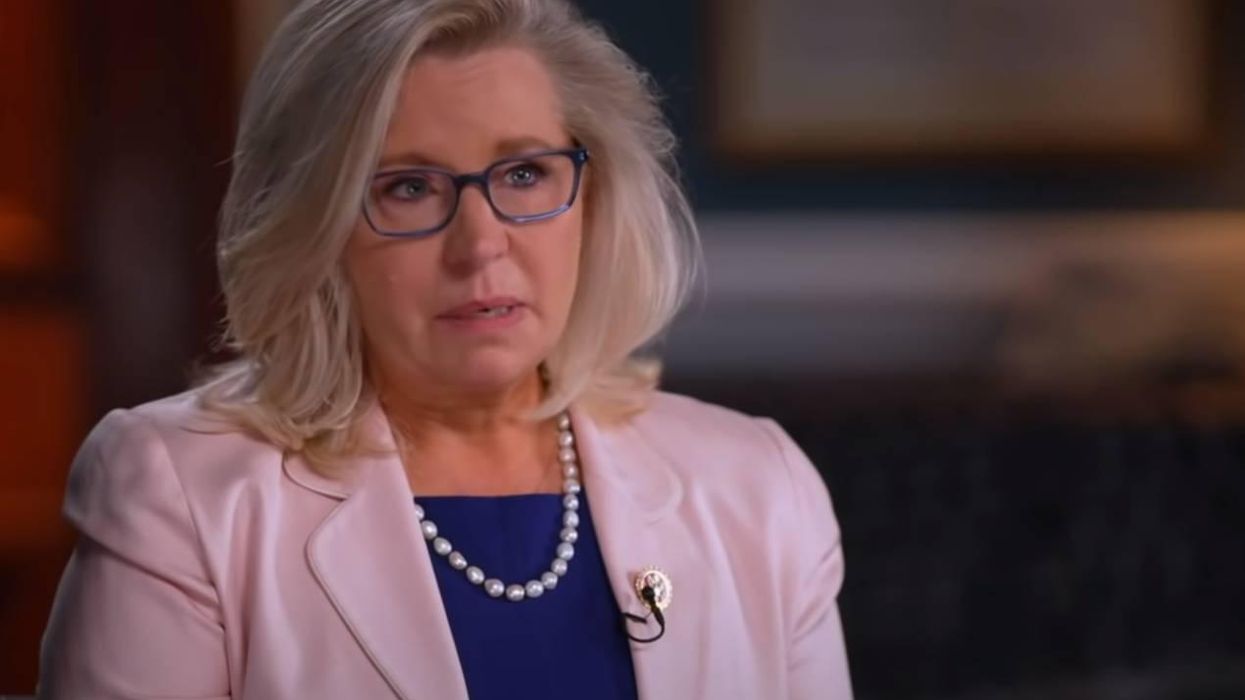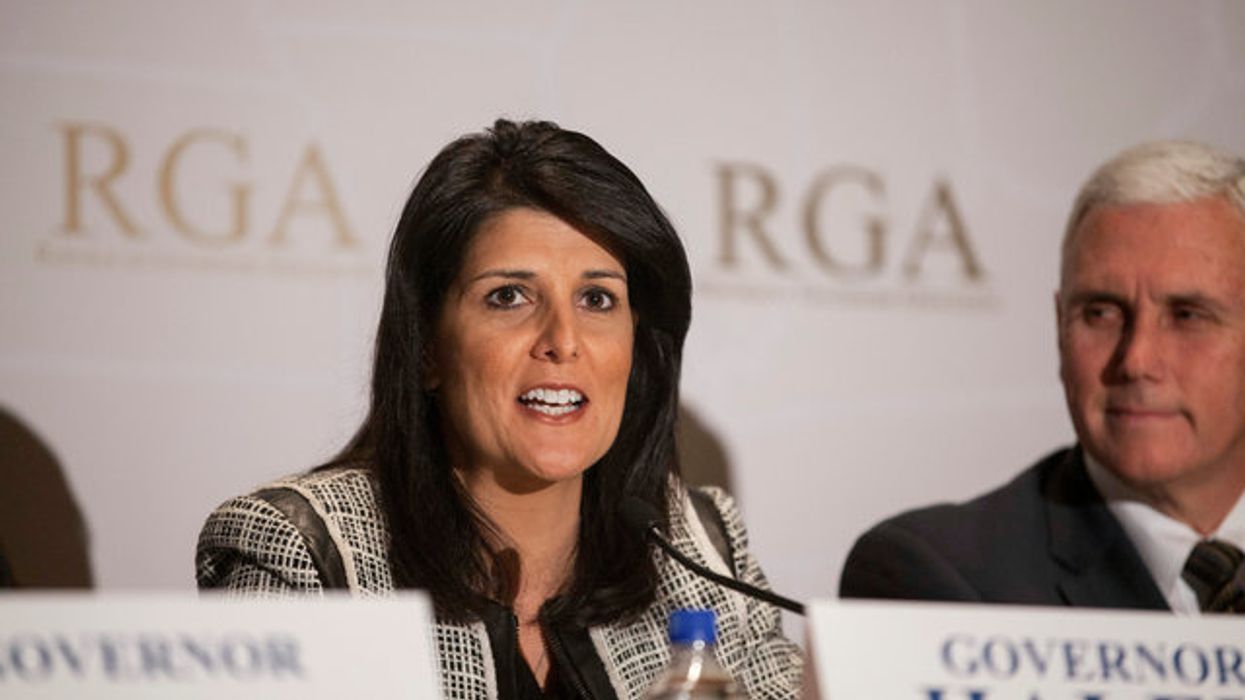Last week, The Economist's presidential polling average set in motion a reevaluation of the general election when President Joe Biden pulled ahead of Donald Trump for the first time since September 2023.
To be clear, Biden isn't suddenly the odds-on favorite to win in November, but the fundamentals of the Biden-Trump contest do appear to be shifting in a slightly more favorable direction for Biden.
In the 18 Biden-Trump head-to-head matchups conducted by reputable pollsters (1.8 stars or higher-plus in 538’s pollster ratings) since the March 7 State of the Union address, Trump led in nine surveys, Biden led in seven, and they were even in two. This is a modest improvement from the 18 comparable surveys leading up to Biden's speech. In those surveys, Trump led in 10, Biden in six, and two found the candidates evenly matched.
Better yet, the average of these polls shows Biden improving overall, from 1.1 percentage points underwater before the State of the Union, to 0.8 points underwater afterward—which may seem like a negligible shift but is meaningful where averages are concerned. (Note: None of the polls used here account for how third-party candidates affect the outcome.)
Included in the post-SOTU polling was this month’s Daily Kos/Civiqs survey, which found Biden leading Trump by a single percentage point, 45 percent to 44 percent—a slight uptick from January, when the two were even.
But truth be told, the horse-race polling is among the least of Biden's gains in the contest. The Biden campaign's fundraising in February combined with that of the Democratic National Committee eclipsed the totals of Trump and the RNC.
Filings posted last week showed that the Biden campaign raised $21.3 million in February, while the DNC raised another $16.6 million; the Trump campaign reported raising $10.9 million, while the Republican National Committee raised a similar $10.7 million.
But the more pronounced disparity came in cash reserves available to Biden and the Democrats. Biden and the DNC closed out February with a combined $97.6 million cash on hand—more than doubling the $44.9 million banked by Trump and the RNC.
Democrats’ associated committees boast a cash advantage over Republicans as well:
- Democratic Congressional Campaign Committee has $14 million more money banked than the National Republican Campaign Committee ($59.2 million to $45.2 million).
- Democratic Senatorial Campaign Committee has a $7 million cash-on-hand advantage over the National Republican Senatorial Committee ($31.9 million to $24.8 million).
Other underlying fundamentals are also moving in a positive direction for Biden and Democrats. While Republicans led Democrats in 538's generic congressional ballot aggregate throughout most of January, February, and much of March, Democrats have now pulled even with Republicans, at roughly 44.5 percent each.
In Civiqs’ tracking polls, the public opinion of Biden's efforts to create jobs are better than they have ever been, with 42 percent agreeing that he’s doing enough and 48 percent disagreeing.
And while voters' views on the condition of the economy remain well underwater, they are trending in the right direction since falling in the first half of 2022, during the throes of inflation. At net -24 points “good,” the numbers now are on par with how voters viewed the economy in late September 2021.
And voters' estimation of their family finances are the best they've been in roughly two years, since early March 2022.
Current public opinion about the economy and personal finances are double-digits better than they were during the final month of the 2022 midterms, when Democrats turned back the vaunted red wave that historical norms foretold. In fact, voters’ view of the economy is 22 points better now than it was on Election Day 2022.
The data points aren't unrelated. Now that voters are getting more clarity on the choices this cycle, Democratic donors are demonstrating greater enthusiasm for their ticket than are Republican donors. And that cash advantage is giving Democrats more room to advertise and assemble a ground game.
While voters will be settling into their choices later this year, partisans on both sides are already starting to “come home” to their party—which is particularly important to see on the Democratic side since the media had fixated on soft support for Biden as an early narrative.
Civiqs polling from January and March is a perfect example, with Biden bumping his support among Democratic voters by a couple points, from 88 percent to 90 percent. Trump likewise boosted his GOP support from 90 percent to 92 percent.
But what is most fascinating is the shift among independents, who favored Trump by 11 points in January. But this month, Biden cut Trump's lead among independent voters to just a handful of points, 37percent to 42 percent.
Biden's State of the Union remains a rallying point, giving Democratic voters something to cheer and offering a point of reassurance for some disaffected Republicans voters who defected from Trump to Biden in 2020. This week's Focus Group podcast, hosted by Sarah Longwell, featured the reactions of several Trump-to-Biden voters following the State of the Union.
I thought he was energized, chuckling, and that’s one of my biggest complaints about him. You know, not the age so much. It’s just, you know, he’s not, like, an enthusiastic, energized guy. ... You know, he made a couple of jabs at, like, Lindsey Graham, which comes off good in this, like, day and age. ... Sometimes you could tell he was going off script, which is good. He was, you know, flowing improv, which is good. He’s showing he’s competent.
It was the most that I’ve seen him be able to go off script that I can remember—but this, to me, felt like he was going off script. He was showing that he can do it, and he can do it well, which was a pretty good thing. And, I mean, to me, that answers some of the questions that people were having, or have made about him in the last couple of months.
He suffers from having a stutter. So a lot of times he stumbles over words, and it can be a little uncomfortable to listen to him. But I thought he sounded really sharp. He was very strong. He did go off script, but he was handling the hecklers really well.
If there's a takeaway here, it's that letting Joe be Joe—even amid some stumbles—is a better strategy than shielding him from the press and voters. Biden did himself and Democrats a world of good with his feisty State of the Union speech. And the Biden campaign appears to have switched into high gear in the weeks since, visiting every 2024 swing state in less than three weeks and putting the president on full display in a multitude of settings.
The other takeaway is that Republicans are continuing to disintegrate, with Trump's money woes eating away at their ability to compete by the day.
November is still many months away, but Democrats have reason to like the way things are trending as they work to build momentum heading into the August convention.
Reprinted with permission from Daily Kos.

